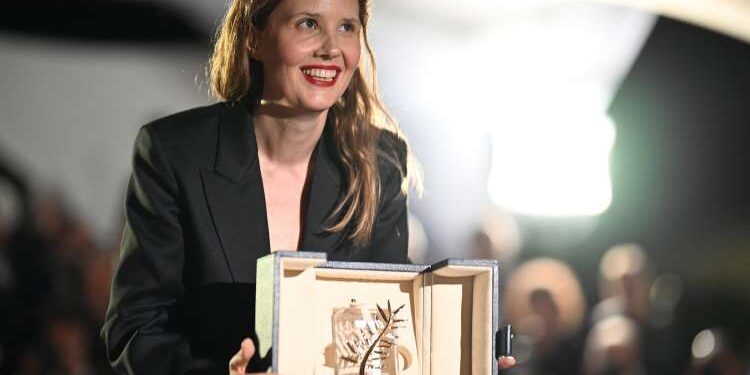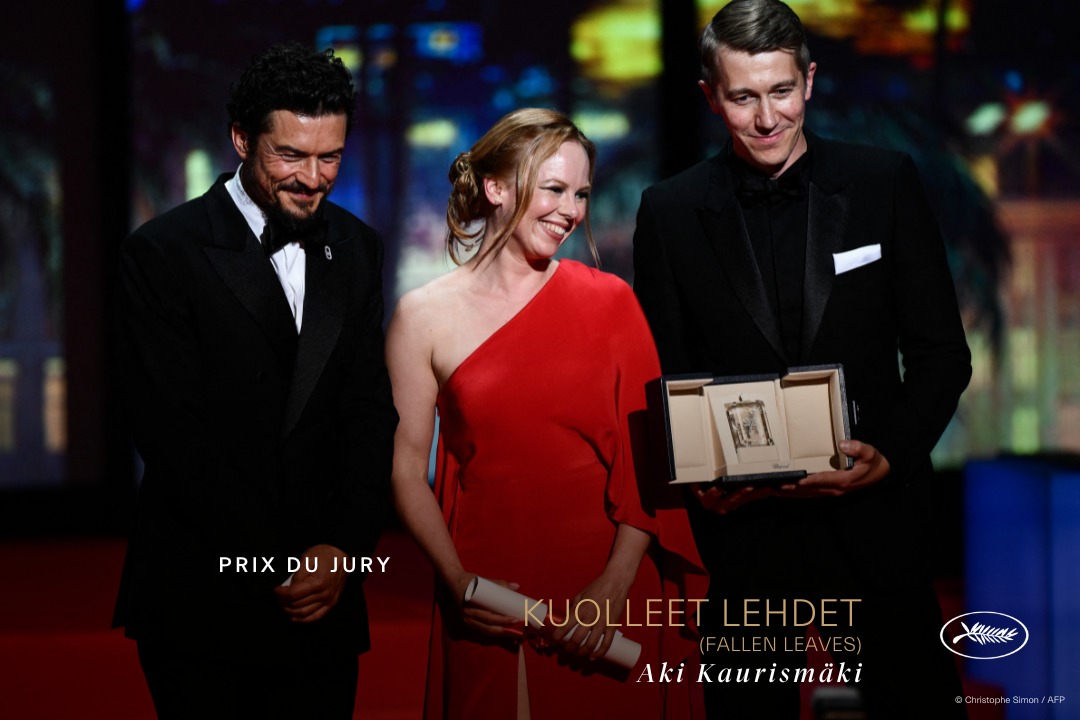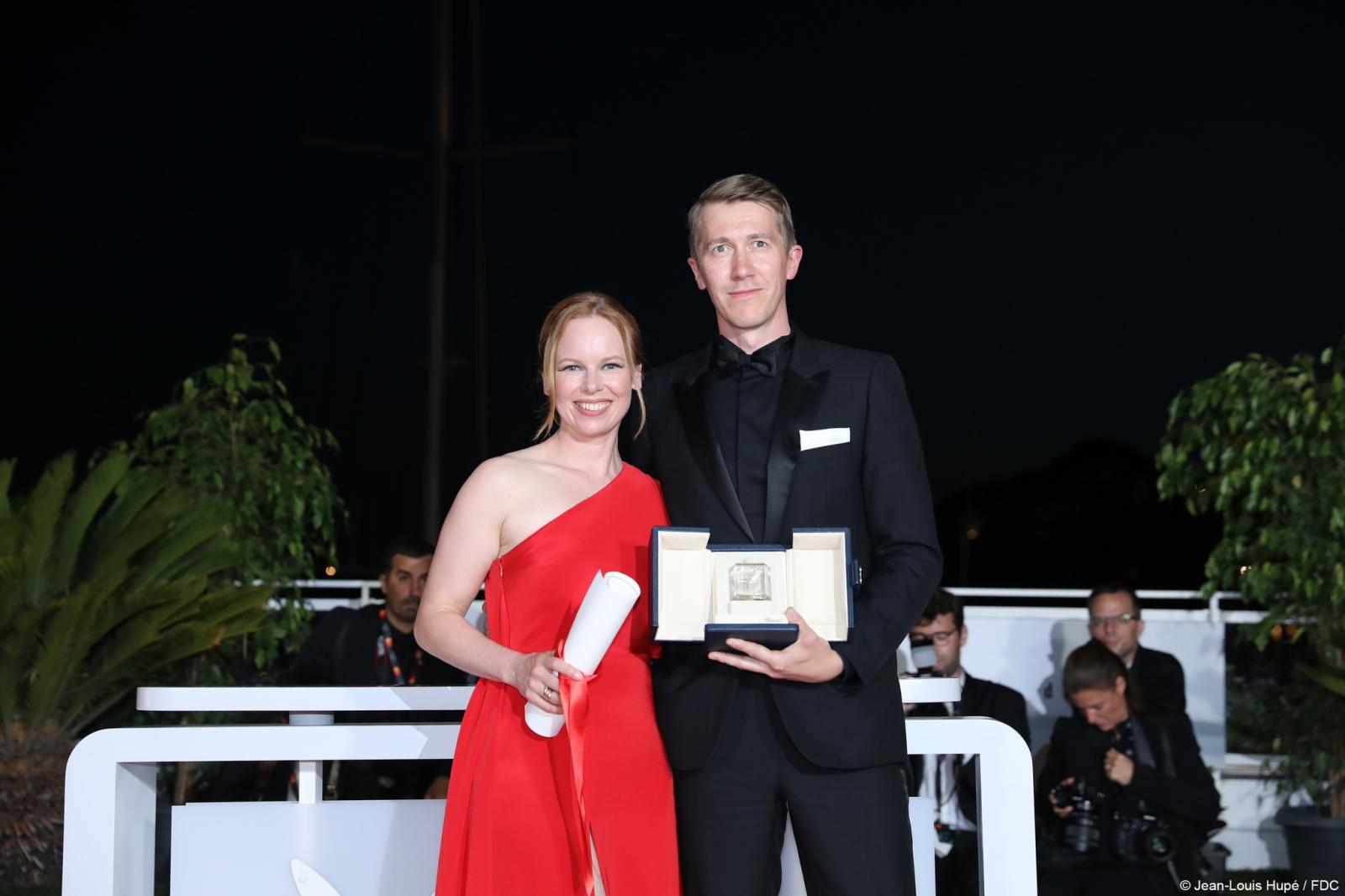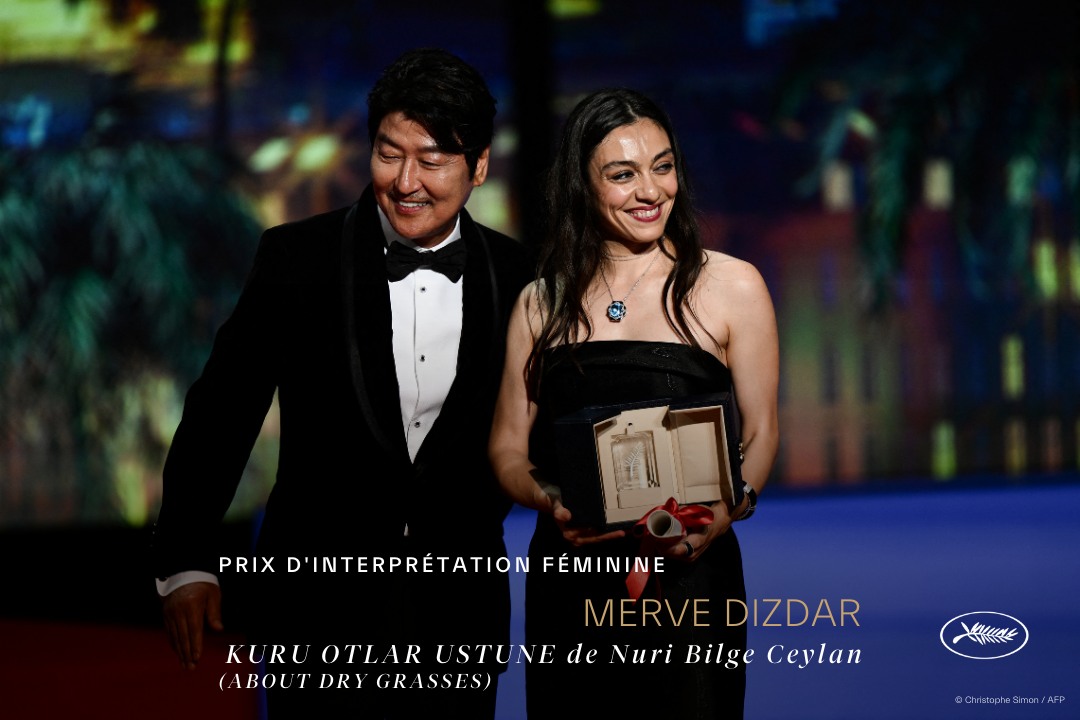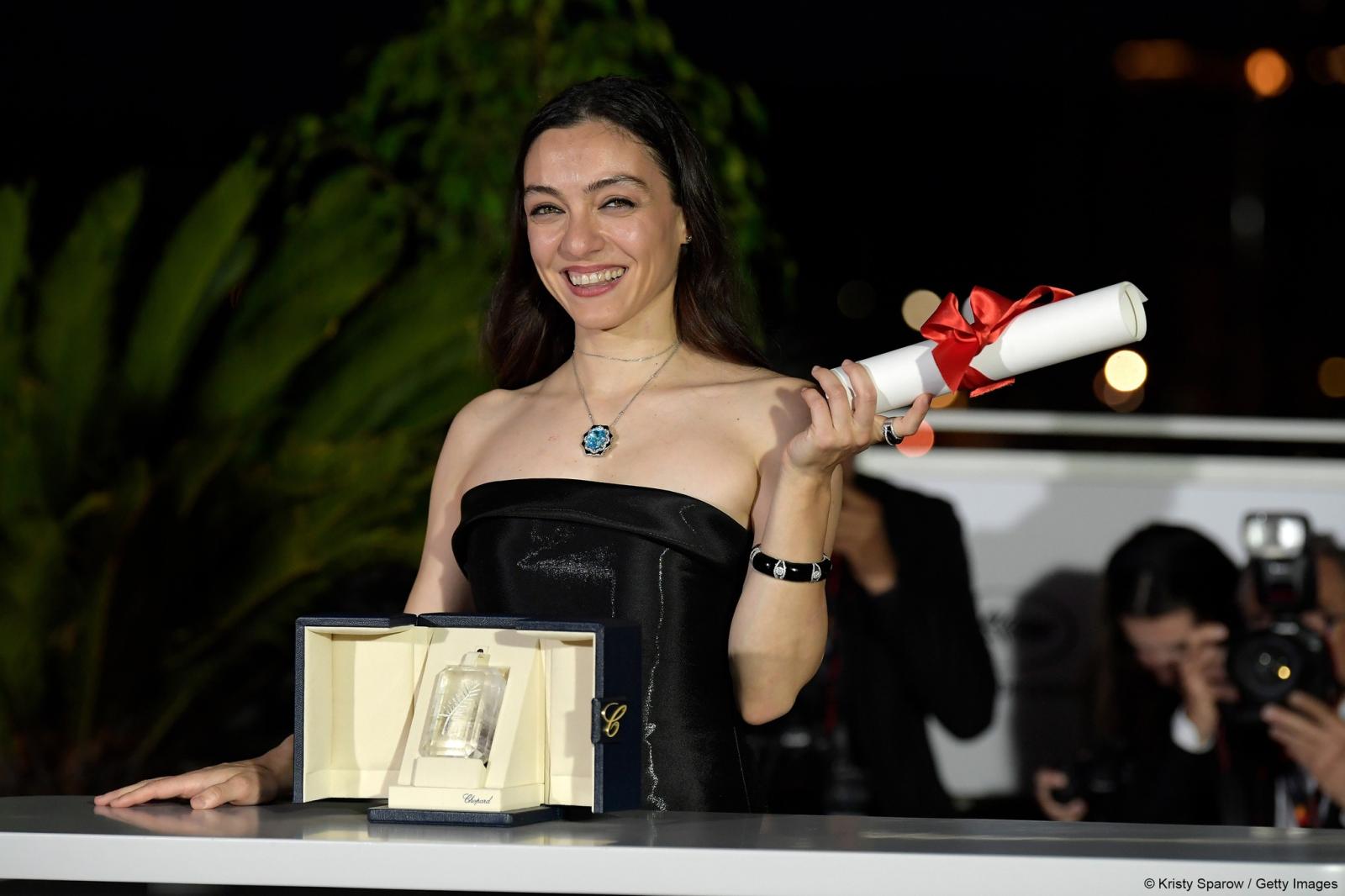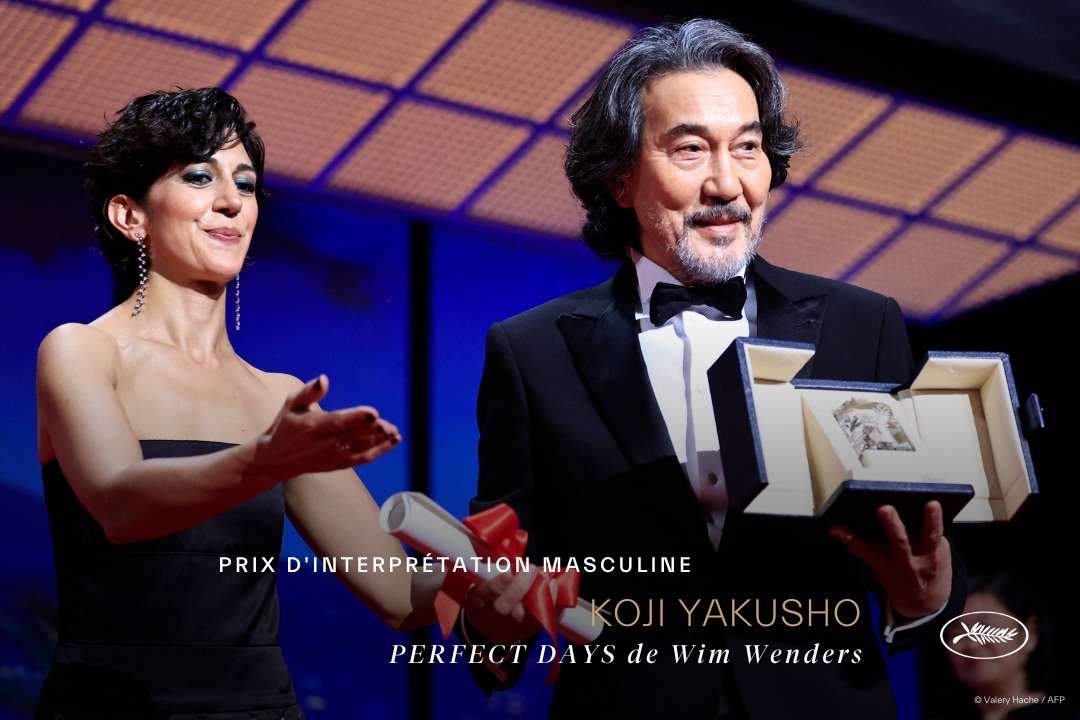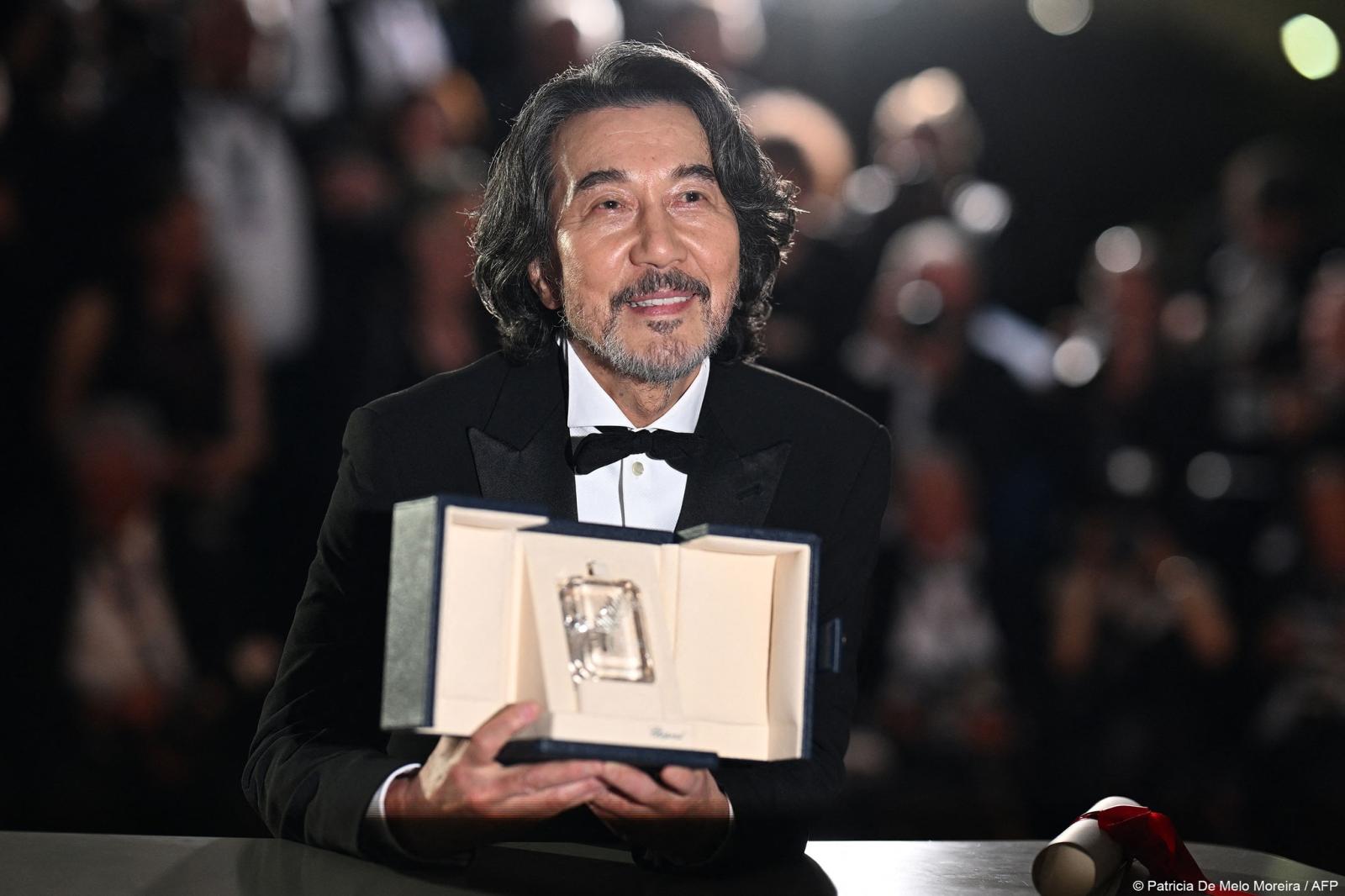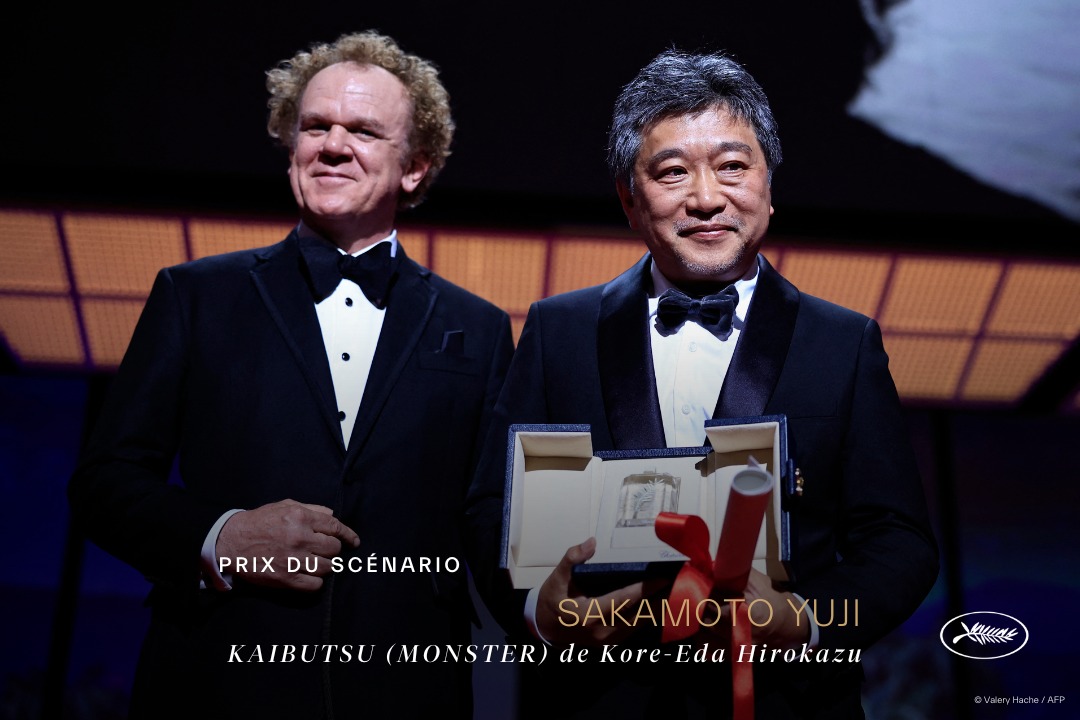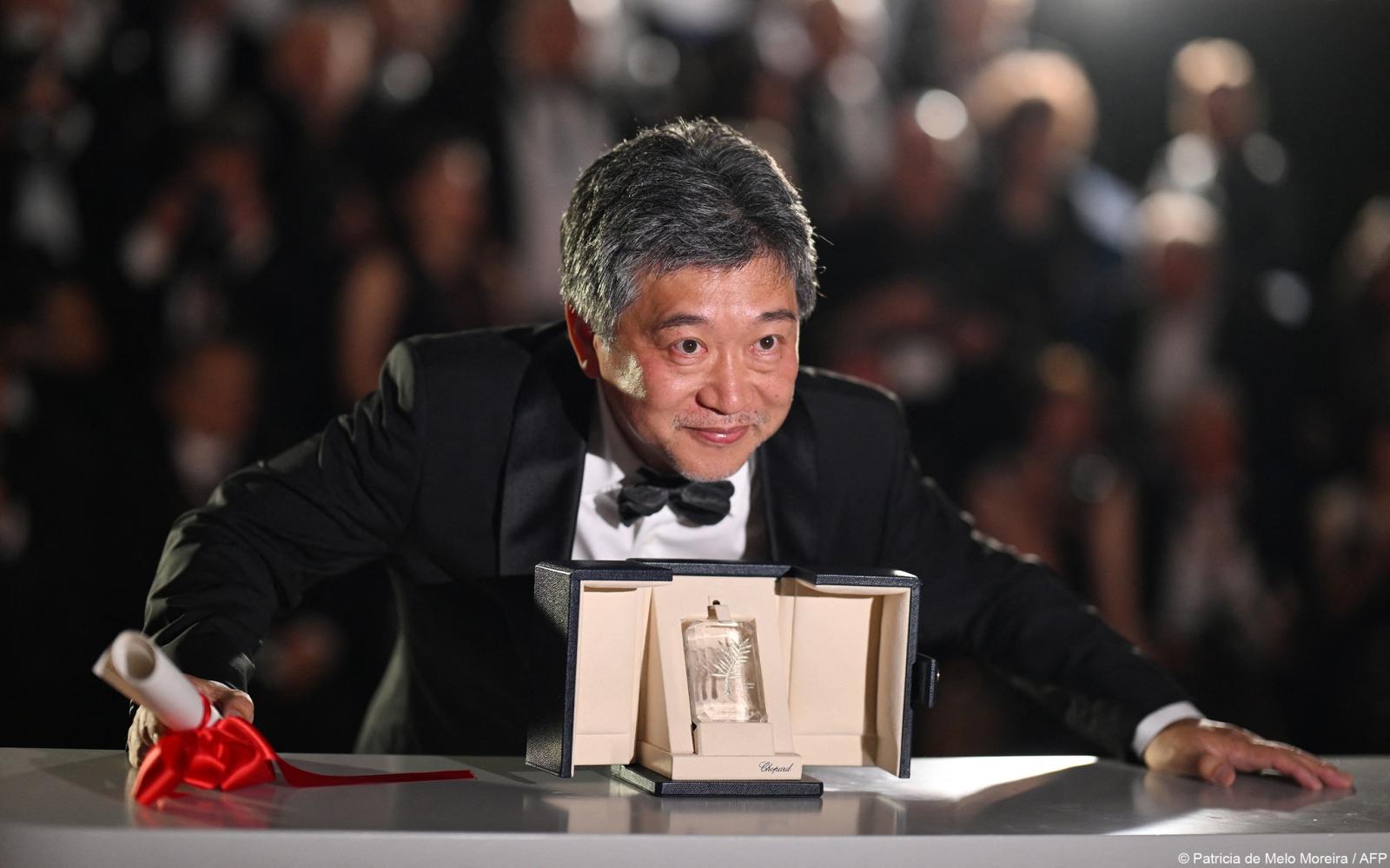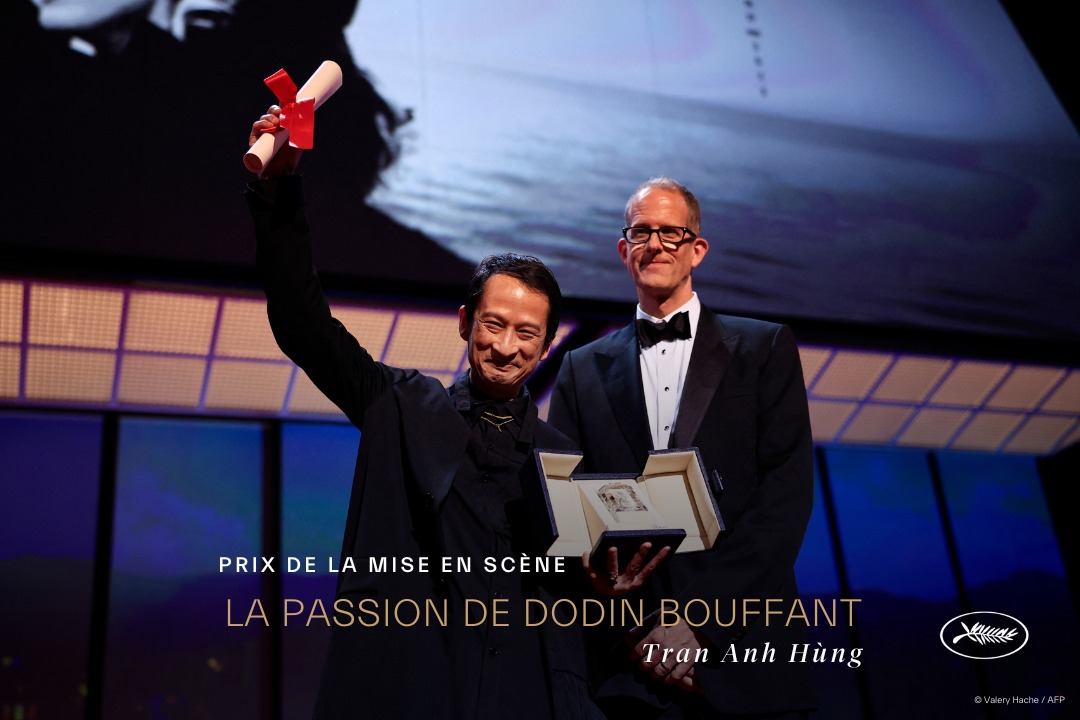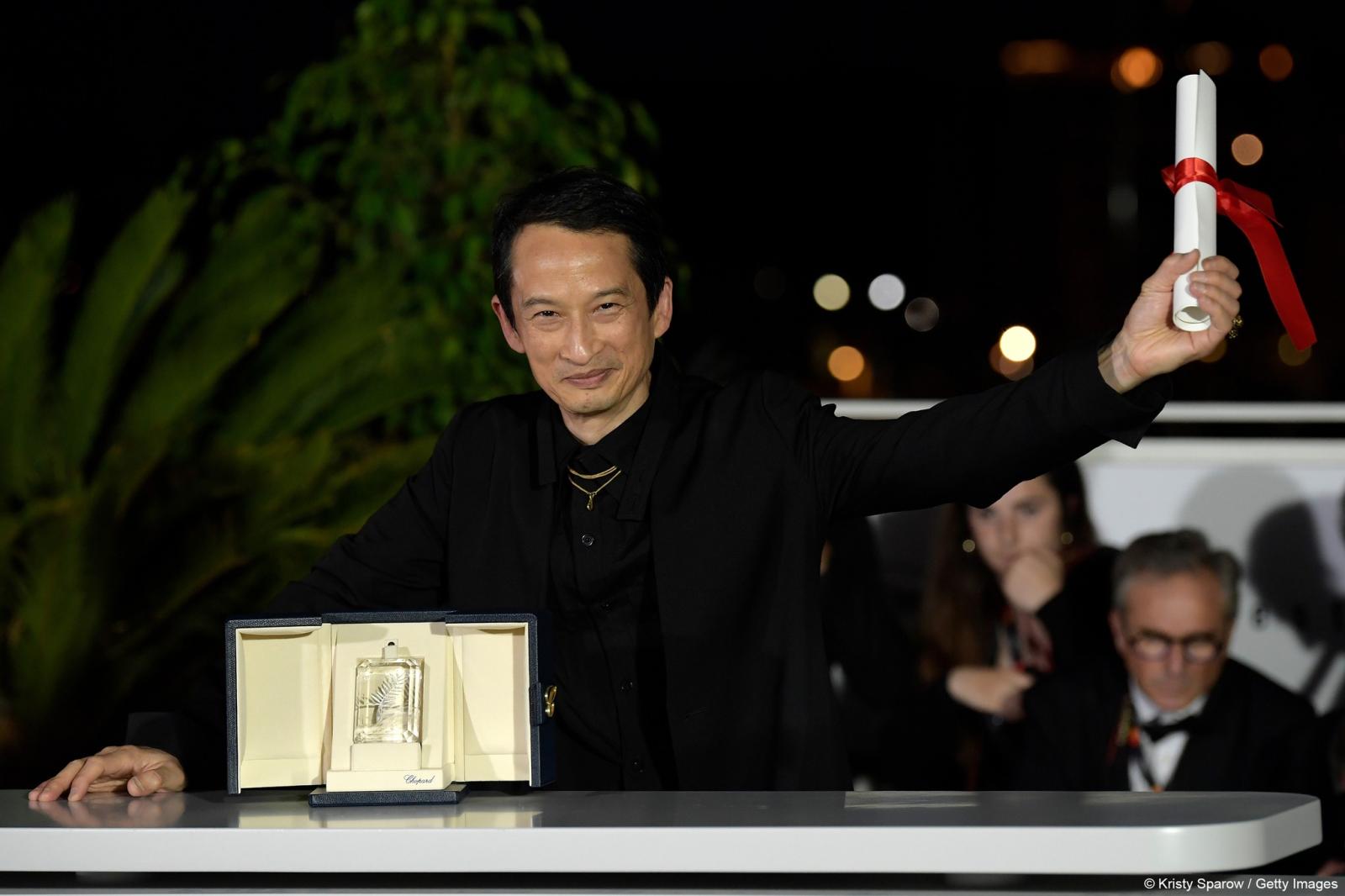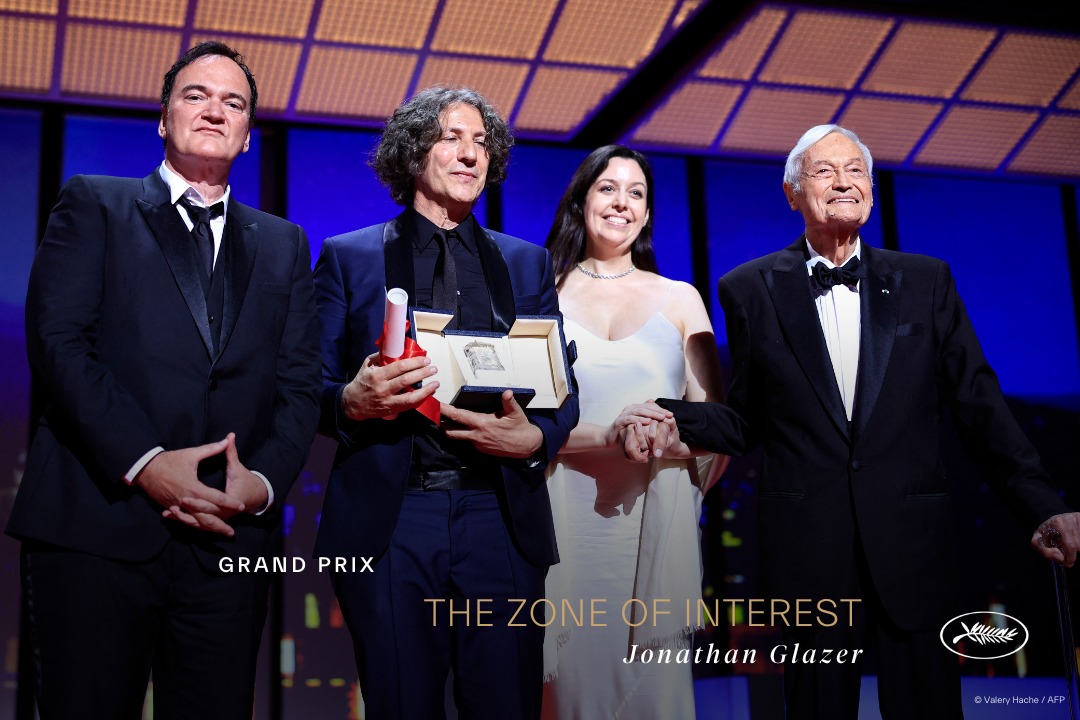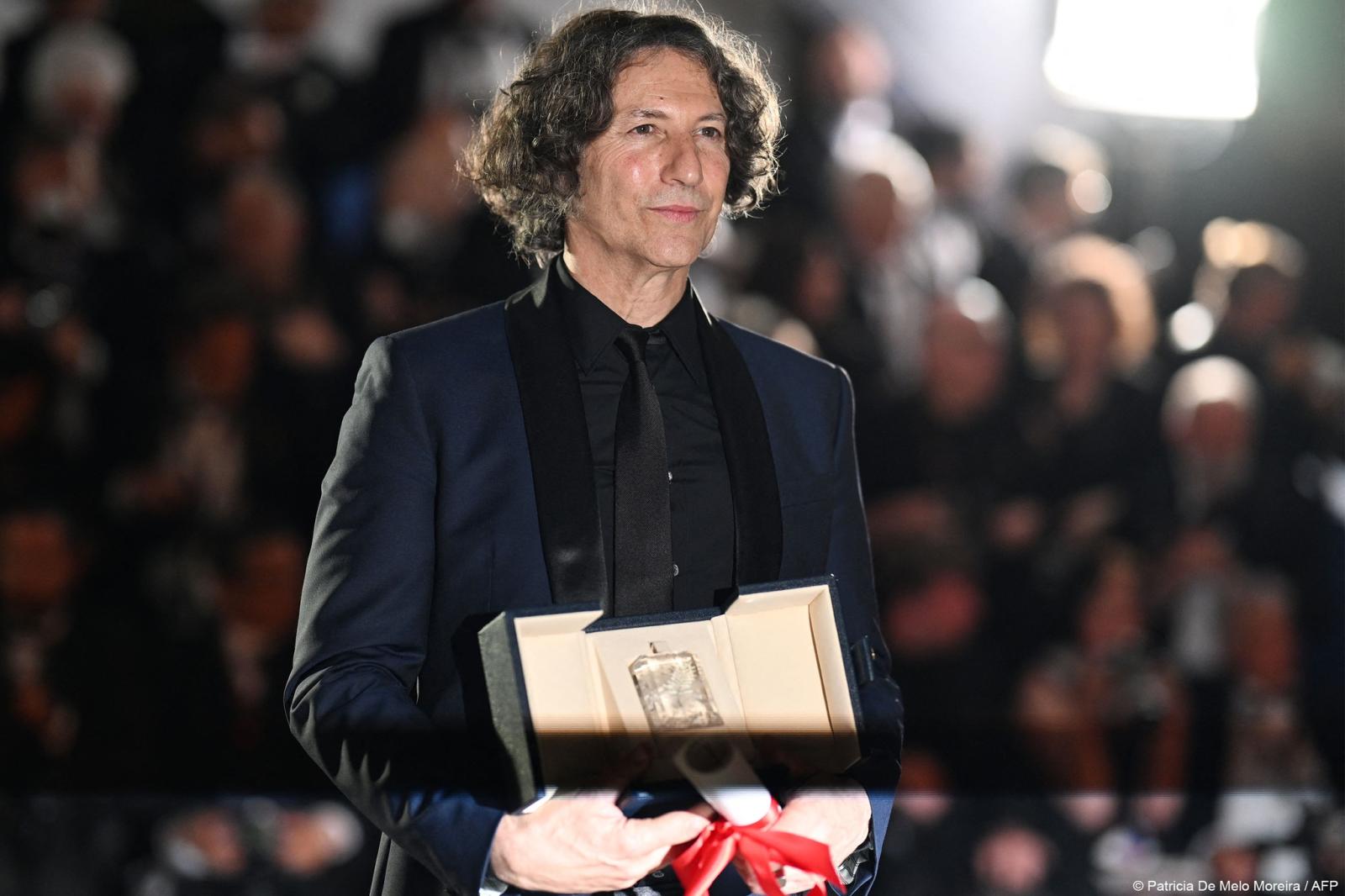The 76th edition of the Cannes Film Festival ended this Saturday, revealing its record during the closing ceremony hosted by Chiara Mastroianni.
The 76th edition of the Cannes Film Festival ended this Saturday, revealing its record during the closing ceremony Hosted by Chiara Mastroianni.
After 11 days of an exceptional edition, The jury of the 76th Cannes Film Festival,, Chaired by the Swedish director Ruben Östlundsurrounded by Moroccan director Maryam Touzani, the French actor Denis Ménochet, the British-zambian scriptwriter and director Rungano Nyoni, the American actress and director Brie Larson, the American actor and director Paul Dano, the Afghan writer Atiq Rahimi, the Argentinian director Damián Szifron, as well as the French director Julia Ducournau, gave her record among the 21 films presented in competition this year.
Actor Orlando Bloom has given the jury prize to Kuolleet Lehdet/Dead leaves by Aki Kaurismäki.
The female interpretation prize was awarded by the actor Song Kang-Ho, winner of the male interpretation prize for Broker/Good stars last yearin wonders dizdar in Kuru Otlar USTUNE/Dry herbs Directed by Nuri Bilge Ceylan, who dedicated it to all the women who fight around the world.
The male interpretation prize was awarded by the actress Zar Amir Ebrahimi, winner of the female interpretation prize For Mashhad nights In 2022, in Kōji Yakusho in Perfect Days Directed by Wim Wenders.
Actor John C. Reilly, President of the jury a certain lookhas awarded the price of the scenario. On stage, he started by making faces, gesticulating, finally explaining that we had just seen what a film without a script would be. Each film begins with an idea and the first thing to do is to put it in writing, which is a plan that the film will come to life. He then gave the scenario prize to Sakamoto Yuji for Kaibutsu/Monster Directed by Kore-Eda Hirokazu.
Pete Doctor, director of creating Pixar studios, has given the staging award to Tran Anh Hùng for The passion of Dodin Bouffant.
The legendary filmmaker Roger Corman presented the Grand Prix alongside Quentin Tarantino to the magnificent The Zone of Interest by Jonathan Glazer. Tarantino said the Cannes Film Festival was the most important world film festival and that participants were fortunate to participate.
On stage, Jane Fonda said she was happy to return to Cannes, recalling that when she had come for the first time in 1963, most of the people present were not yet born, that it was another palace…. She pointed out that at the time, there was no woman in competition in competition and that no one found this abnormal. This year, there were seven directors in competition, tomorrow there will be more and it is convinced that it will be normal and that no one will even pay attention.
Jane Fonda then handed over the prestigious golden palm to Anatomy of a fall of Justine Triet.
Justine Triet thus accesses at the top of cinema after four films, of which Sibyl (2019), already selected in Cannes, and as many portraits of women. She becomes the third woman to receive the highest in Cannes award, after Jane Campion with The piano lesson (1993) and Julia Ducournau with Titanium (2021) Confirming the slow movement towards equality in a cinema industry historically dominated by men.
Anatomy of a fall succeeds Triangle of Sadness/Filter by director Ruben Östlund. This is the tenth Palme d’Or for a French film.
By receiving her prize, the French filmmaker strongly denounced the way in which the French government “denied shockingly” the movement against pension reform. She pointed out that this dominating power scheme, increasingly uninhibited, manifests itself in several fields, and she considers that power also seeks to “break the cultural exception without which (she) would not be there today”.
Under the chairmanship of Ruben Östlund, the jury selected a film that explores the trial before the assizes of a widow (embodied by Sandra Hüller) accused of having assassinated her husband by throwing him out of the window. This work offers an opportunity to dissect power relations within a couple of wealthy artists while highlighting social prejudices faced by independent women.
The daughters of Olffa, directed by Kaouther Ben Haniamarked an important turning point for Tunisian cinema by being selected in official competition at the prestigious Cannes Film Festival, A first since 1970. Although the film has not been included in the charts, many people believe that it would have deserved this recognition. However, despite this, The film still won four prizes awarded by other jurieswhich testifies to its quality and its impact.
This ceremony marked the end of the 76th edition of the Cannes Film Festival and was followed by the screening in the Grand Théâtre Lumière du Film Elementary by Peter Sohn.
Neïla Driss


